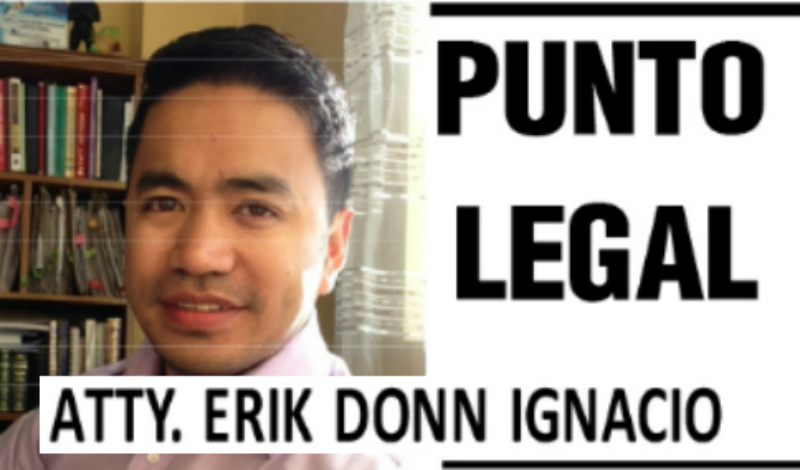Some years ago while I was still very new in the practice, I was stunned by the number of estafa cases in one of the Municipal Trial Courts in Cities here in Baguio. Of the more or less 23 cases calendared that morning, more than half were estafa. Being accused of the crime of estafa is a stigma most probably because it involves deceit. The most popular form of estafa is of course the issuance of bouncing checks but there are other forms involving deceitful conduct but lesser known. One of my former professors in law school had a joke. He asked us: “What crime is committed by a person who eats in a restaurant but leaves without paying?” Because we did not know he was joking, we answered: “Estafa sir”. He exclaimed: “NO! That crime is called: impersonating a police officer”. The police officers in class were quite amused. Estafa can be committed in two ways: With abuse of confidence or unfaithfulness or through deceit or false pretense. Abuse of confidence can be through misappropriation.
Tan vs. People
Mr. Tan sold a BMW car to spouses Cabrera sometime in 1992. Shortly after the sale but before the transfer of the papers in the name of the buyers, the President issued an executive order requiring a tax clearance from the Bureau of Customs for imported cars before the CRs of the vehicles could be registered. To facilitate the registration of the vehicle, spouses Cabrera agreed to give their share in the tax liability on the importation of the vehicle. They then issued a “pay to cash” check for Php 150,000.00 and delivered it to the Mr. Tan so he can pay the tax liability of the car for the issuance of a clearance by the BOC. Months passed but the car could not still be registered. Spouses Cabrera later discovered that despite the fact that the check of 150,000.00 was already encashed, the tax liability for the importation of the car remained unpaid. Despite demand, Mr. Tan still refused to deliver the 150,000.00. Spouses Cabrera then filed a criminal case for estafa against Mr. Tan who was convicted but appealed the case all the way to the Supreme Court claiming that the prosecution failed to prove the elements of the crime he is accused of.
The Ruling
Mr. Tan did not deny receiving and encashing the check. The High Court declared that the elements of the crime of estafa were proved by the prosecution through testimony. “For sure, the money was delivered to petitioner for a particular purpose, the non-fulfillment of which mandated its return. The words “convert” and “misappropriate” connote an act of using or disposing of another’s property as if it were one’s own or devoting it to a purpose or use different from that agreed upon. To misappropriate for one’s own use includes not only conversion to one’s personal advantage but also every attempt to dispose of the property of another without any right.” (G.R. 153460, 29 January 2007). The defendant had the obligation of remitting the 150,000.00 to the BOC for the payment of the tax liability with respect to the importation of the car. Without any good reason, Mr. Tan did not deliver to the BOC the amount after receiving the check and encashing it. Mr. Tan claimed that there was no demand from Spouses Cabrera but the Court countered saying: “…even if demand is not required by law, it is necessary to prove misappropriation. Failure to account, upon demand, is circumstantial evidence of misappropriation.” Nevertheless, the civil case earlier filed by the Cabrera spouses against Mr. Tan was in fact served as judicial demand. “This judicial demand was equally efficacious as, if not more effective than, the letters of demand…”












